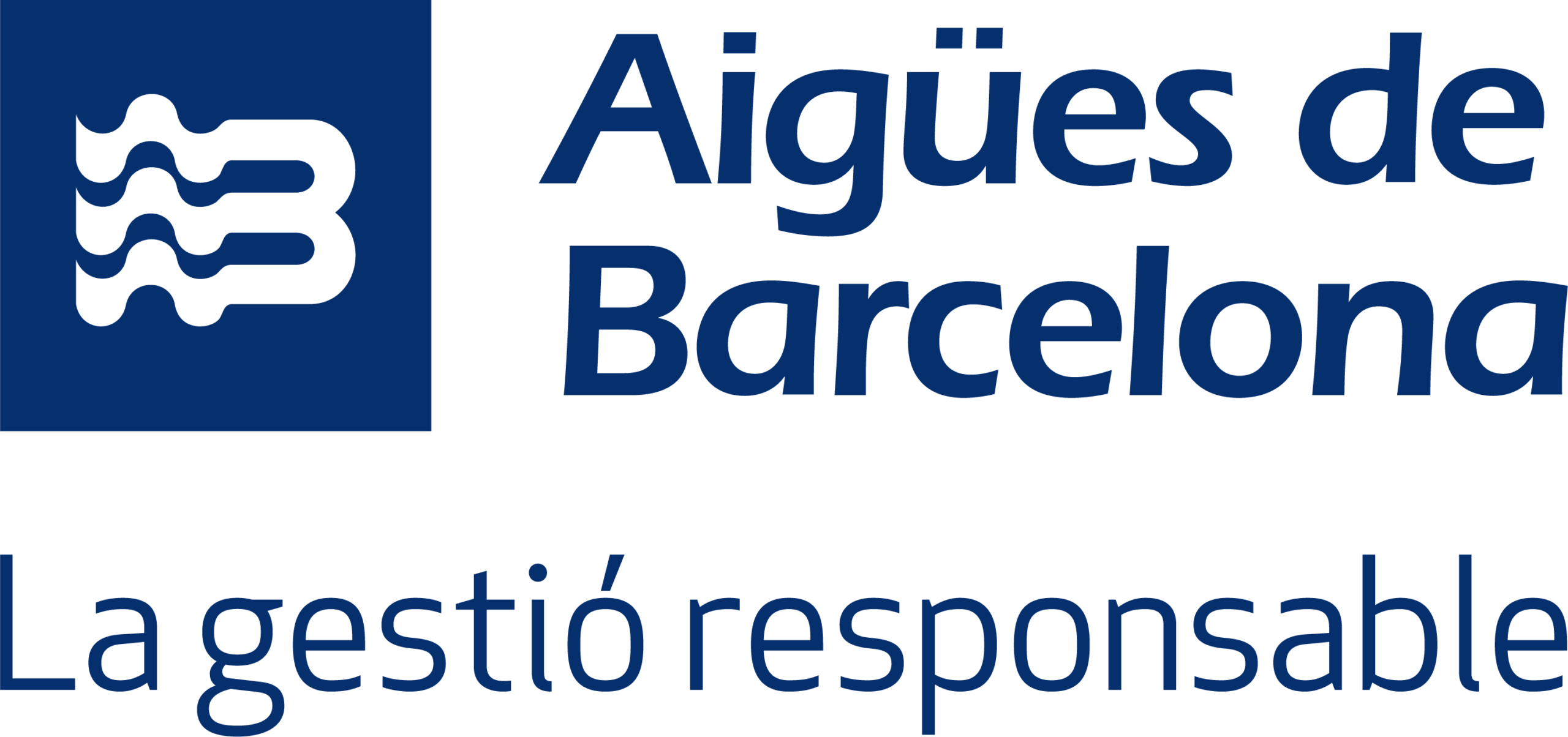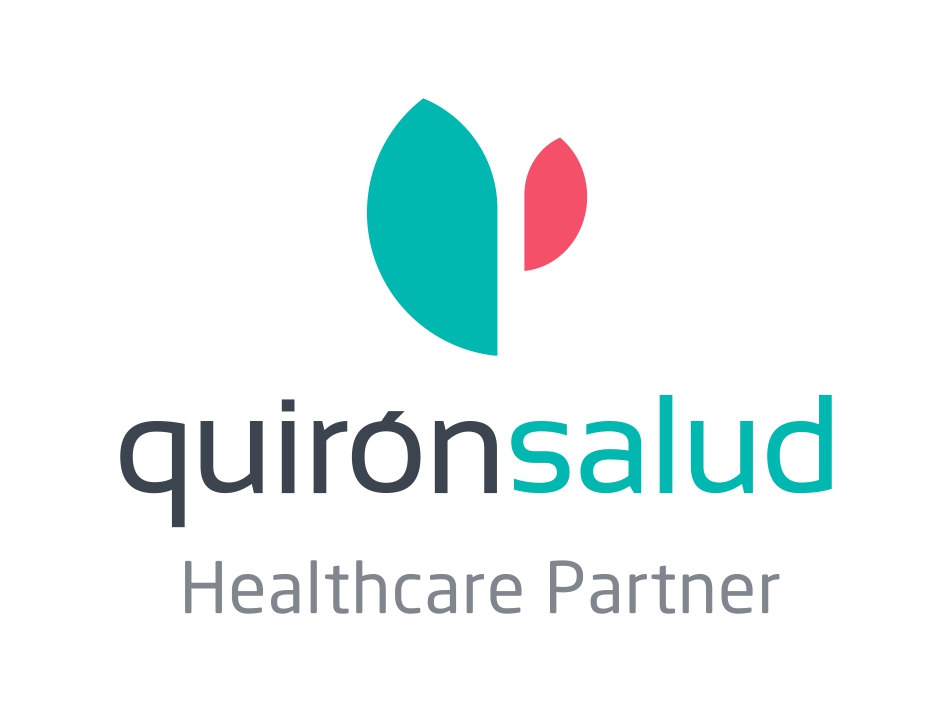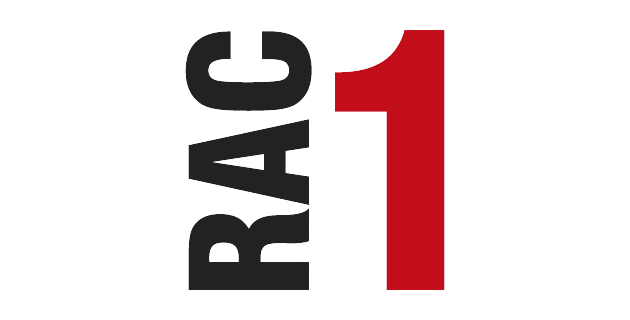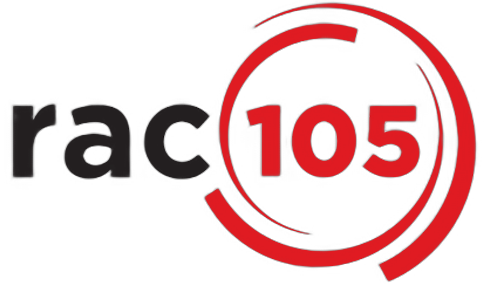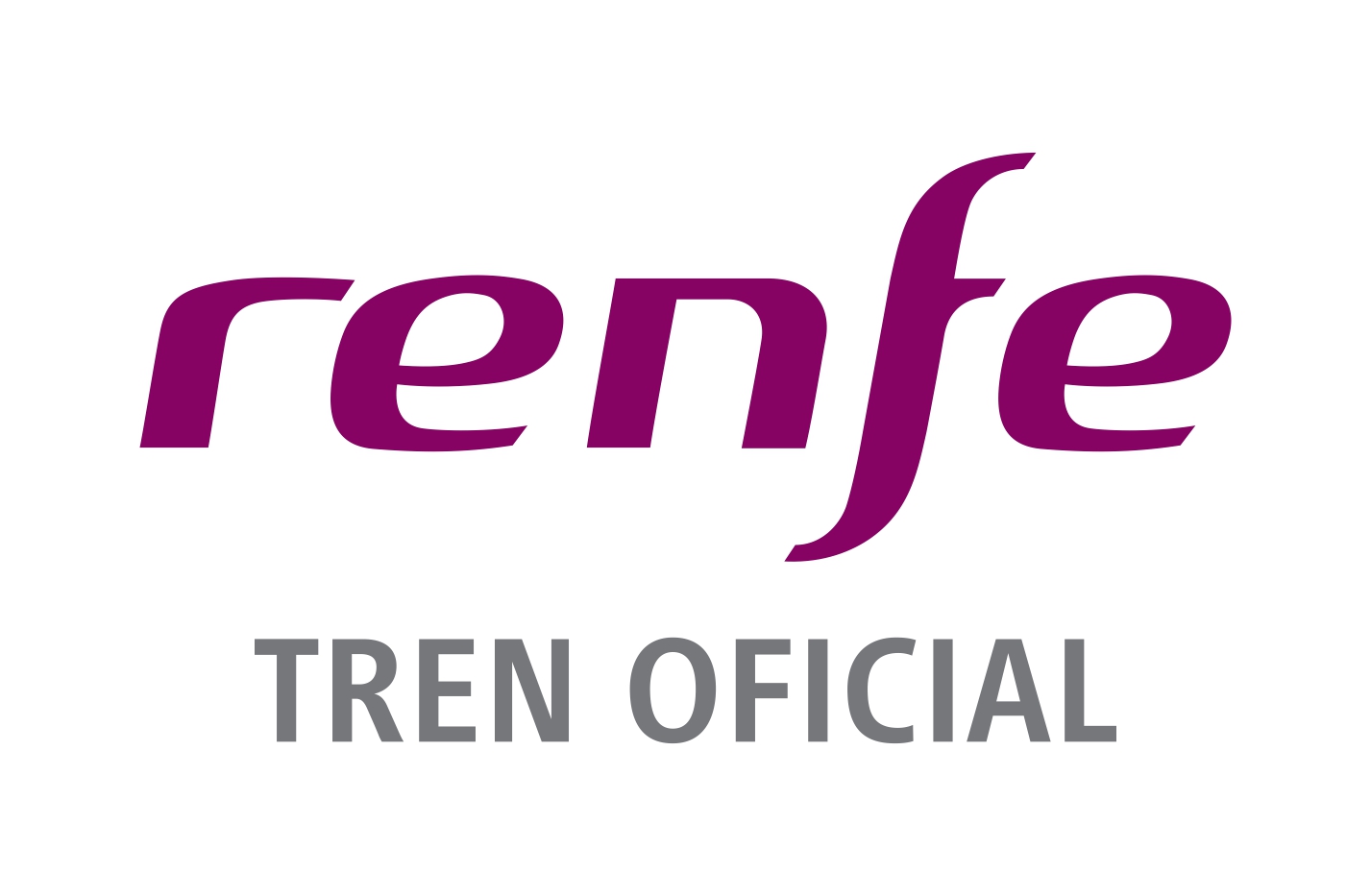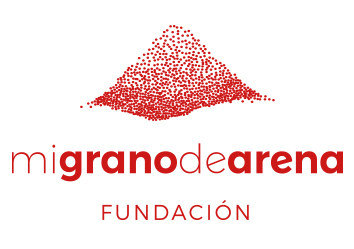31 de March de 2022
Runners “from head to toe”: psychological preparation
Andrea Martínez Monteiro – Instagram profile. Expert in sports psychology brings us an article on the importance of psychological preparation in sports.
Confidence to achieve the goal
There are many variables that influence our performance. However, our satisfaction as runners depends on more things than just finishing the half marathon or achieving the desired time. “Feeling that we are capable of achieving it”, it menans, our perceived competence, is the basis of self-confidence.
To be confident is to believe and know we have the opportunity, resources and skills necessary to successfully achieve the proposed goal. This knowledge influences our motivation, the type of internal dialogue we have with ourselves and our attitude towards facing challenges, selfregulating and dealing with difficulties in a more or less stressful way.
Objectives of this confidence to achieve our goals
Setting goals without the conviction or personal security of being able to achieve them, generates tension, anxiety, affects our attention/concentration… Feeling that we do not have the capacity to manage and/or ply some kind of impact on our circumstances can discourage our willingness to take risks and try, reduce our sporting motivation and even cause us to give up.
On the contrary, over-confidence may detract from physical preparation and effort, as well as other factors such as rest and nutrition… It may push us to want to do things we are not ready for. Moreover, if we do not achieve them, we will feel frustrated and may attribute the failure to external causes (organisation, weather conditions, medical condition…), in an attempt to protect our self-esteem.
In brief, it is a question of having “optimal confidence”. Our expectations of success must be high, but also realistic and adapted to the circumstances. This level of confidence favours attention/ concentration, stimulates effort, reinforces self-esteem, promotes appropriate emotional management and boosts our performance.
To this purpose, we insist on the importance of setting process goals that allow us to experience small successes and provide us with a certain sense of control. These targets are focused on execution/performance, so they are oriented to the present moment and put the emphasis on what we can do in the current conditions and on what depends on us. Something that will indirectly contribute to the achievement of the desired result.
What can we do to reinforce our confidence?
– Individualised planning that includes quality training to boost motor, technical, tactical and psychological skills. Start from a baseline, and gradually increase frequency and intensity – listen to your body and use your feelings as a guide!
– Realistic goals. Setting short-term goals will reinforce the feeling of progress, confirming our efforts.
– SWOT. Acronym formed by the initials of the words Strengths, Weaknesses, Opportunities, and Threats. This framework allows us to understand better our current circumstances, to know ourselves deeply, as well as helping ourselves to elaborate strategies for achieving our goals.
Above all, we will look for enhancing our strengths, in order to build our objectives based on them. At the same time, it allows us to analyze those weak points that it would be a priority to reinforce, and in that way, to strengthen our virtues and take advantage of the opportunities we have. Observing threats will help us to become aware of possible difficulties and to find/ anticipate the best way to face them. All you need is a piece of paper and a pen of to do this exercise. Are you ready to do it?
External analysis components
Opportunities: environmental conditions that act as enablers (quality of trainings, family support…)
Threats: external conditions that make more difficult the process of success (stress, injuries…)
Internal analysis components
Strengths: characteristics/qualities that contribute to the achievement of the goal (endurance, perseverance…)
Weaknesses: characteristics/qualities that take us away from the goal (no strength training, lack of time…).
• Internal dialogue: How do you talk to yourself? Is what you tell yourself positive and encouraging or do you constantly “beat yourself up”? In a way, we are what we tell ourselves. Focusing on what we do well and encouraging ourselves for it will reinforce our confidence.
• “Invisible” training. Having all the elements under our control in the best conditions eases a desirable performance and better physical and psychological feelings.
To rest, eat and hydrate well ourselves to protect our digestive health, as well as to provide optimal nutritional intake. Respecting recovery times, taking care of our muscles and, of course, working on emotional aspects and everyday situations that could increase stress. All of this, taken as a whole, will influence our fluency, motor response, security, etc. Key aspects to believe in our abilities.
You are staying on track, you are progressing in your training, in your selfknowledge and you are gathering new knowledge. Believe!











